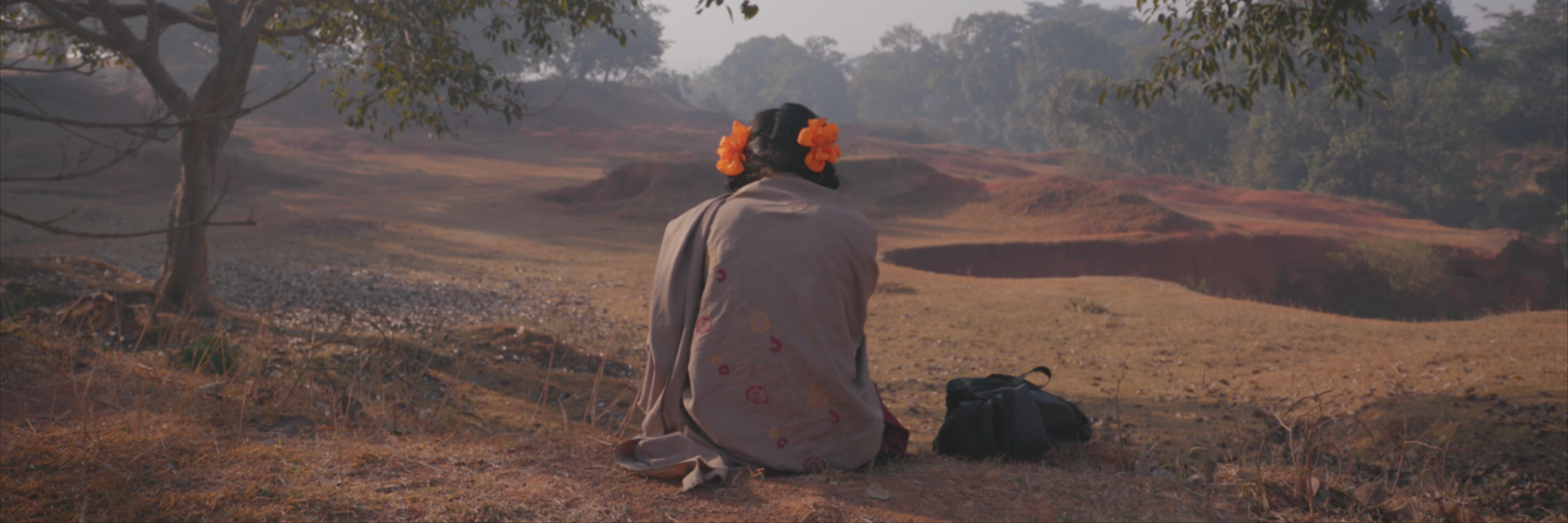
It is often said that every action, no matter how small, has the potential to shift the trajectory of one’s life.
For York University alumna Cornelia Principe (BA ’91), a decision to participate in a for-credit internship program at media organization TVO in the final year of her undergraduate studies opened her eyes to a career in film and led her on a path to becoming an award-winning documentary producer – a profession that, as a communications and psychology double major, hadn’t previously been on her radar at all.

“If I hadn’t gone to York and done a fourth-year internship at TVO, I probably wouldn’t be doing what I’m doing now,” she admits.
And that would be a shame, since her body of work – which includes producing 11 feature-length documentary films, two documentary short films and one television series – has since graced the screens of over 100 national and international film festivals and been broadcast all over the world, earning her global acclaim and recognition.
This past January, Principe was happily surprised to learn the film she had worked on as a producer for eight years, To Kill a Tiger, had earned a Best Documentary Feature Film nomination from the Academy of Motion Picture Arts & Sciences – the ultimate goal for many in the movie business.
“It’s really nice to say you’re an Oscar-nominated documentary producer,” says Principe, “but it’s not why I do what I do. It’s not what drives me.”
To Kill a Tiger follows the harrowing journey of a poor rice farmer in a small Indian village as he embarks on an unprecedented quest to demand justice after the assault of his 13-year-old daughter. It tackles themes of gender-based violence, toxic masculinity and allyship, and confronts – head-on – the culture of silence and complicity surrounding sexual assault in India, where a rape is reported every 20 minutes and conviction rates are less than 30 per cent.
“It's giving voice to millions who have never had a voice before,” says York film Professor Manfred Becker, who served as a story editor on the project, “and that is why we make films.”
Although To Kill a Tiger did not take home the Oscar at the at the 96th Academy Awards in March, Principe believes the attention brought to the film – and its important message – through the nomination is worth much more than the award itself.
Nisha Pahuja, the film’s director, worked tirelessly after post-production wrapped to get the film into the hands of the right people who could help her expand its reach and, as a result, its impact. Hollywood A-listers Priyanka Chopra Jonas, Mindy Kaling and Dev Patel – all of Indian descent – were brought on board as executive producers after the film was completed as part of this strategic publicity approach, which resulted in much media buzz and the film's high-profile acquisition by streaming service Netflix prior to the Academy Awards.
Principe had been friends with Pahuja for years before they began working together; they collaborated on two documentaries and then decided to raise money to make a film about masculinity and gender equality in India. The idea came about when Pahuja was touring around the country screening their previous documentary, The World Before Her, and the men’s reactions to it caught her attention.
"Many Indian men who saw it were surprised and saddened by what they realized was cultural, systemic gender discrimination," says Principe. "It opened their eyes to something they had not really thought about before."
After doing some research, Pahuja came across a non-governmental organization (NGO) called the Centre for Health & Social Justice that works with groups of men in rural India to help them reflect on their masculinity, their choices and their role in the oppression of women in hopes of creating a more just country. Pahuja mentioned this to Principe, who was instantly intrigued.
“When she started talking about this NGO, my eyes lit up,” says Principe. “So many films about issues around women's rights focus on women, which is great. But at a certain point, you need to focus on where the problem is, which is usually men.”
As Pahuja began filming for this new project and working with the NGO, she pursued several narrative threads that explored the subject of masculinity in India. During the process, she stumbled upon Ranjit, who would eventually become the protagonist in To Kill a Tiger, after consultation with another York community member.

After about three and a half years of filming and two long years of editing, trying to blend the many storylines together to form a cohesive narrative, Pahuja and Principe were frustrated, realizing they couldn’t make the film they originally wanted to. They enlisted the help of two story editors, including Becker, who has been an editor, writer and director for many years, and whom the filmmakers had both worked with in the past.
Becker offered his expertise and viewed a dozen or so cuts of the film over about a year's time, provided detailed comments and took part in Zoom sessions where the team mulled over possibilities of how to tell the story. Soon, they reached the conclusion that this film needed to focus on Ranjit and his fight for justice, and that the other stories should be saved for something else.
“It took us months to come to terms with that, because we had spent six years married to this idea of making this bigger film about masculinity,” explains Principe. “And in the end, it is about masculinity, but just through one story.”
Beyond securing a place on this year’s Oscars shortlist, To Kill a Tiger has been recognized widely for its cinematic excellence, winning the Ted Rogers Best Feature Length Documentary award at the 2023 Canadian Screen Awards; being named Best Documentary at the 2023 Palm Springs International Film Festival; and winning the Amplify Voices Award for Best Canadian Feature Film at the 2022 Toronto International Film Festival.
“It’s really a triumph of the persistence of its makers, and of documentary as an art for change,” says Becker, of the eight-year-long process to get this film made.
It was worth the wait.
